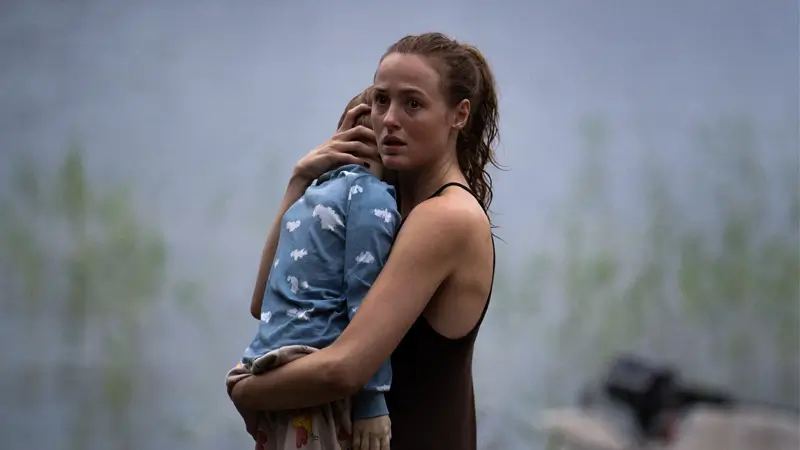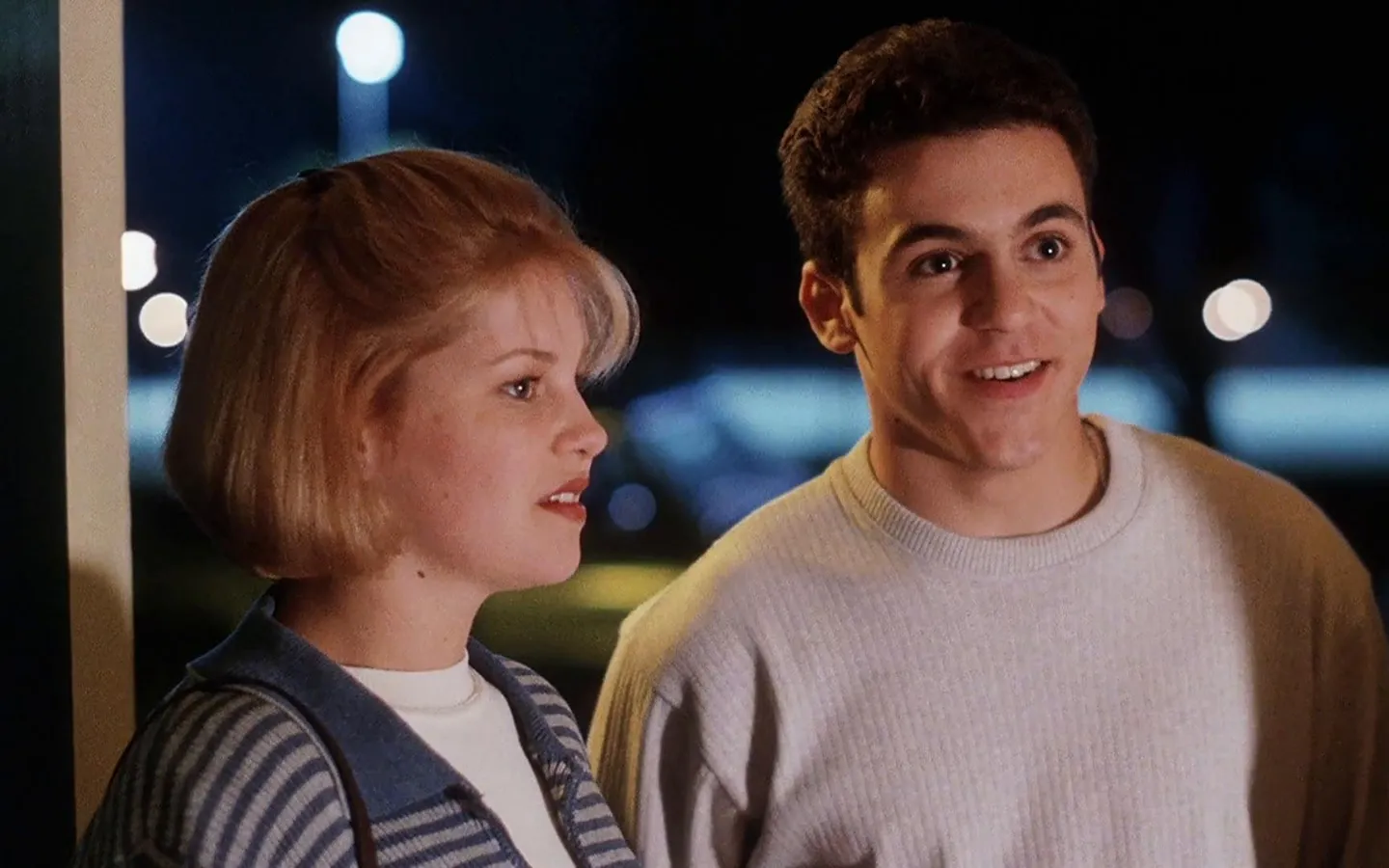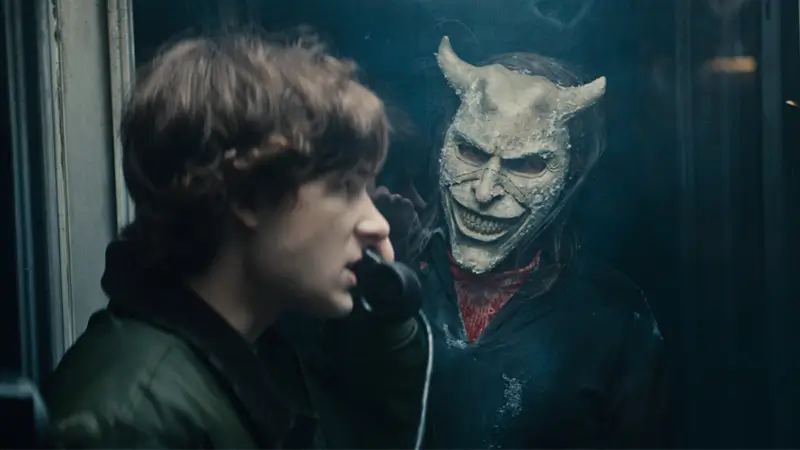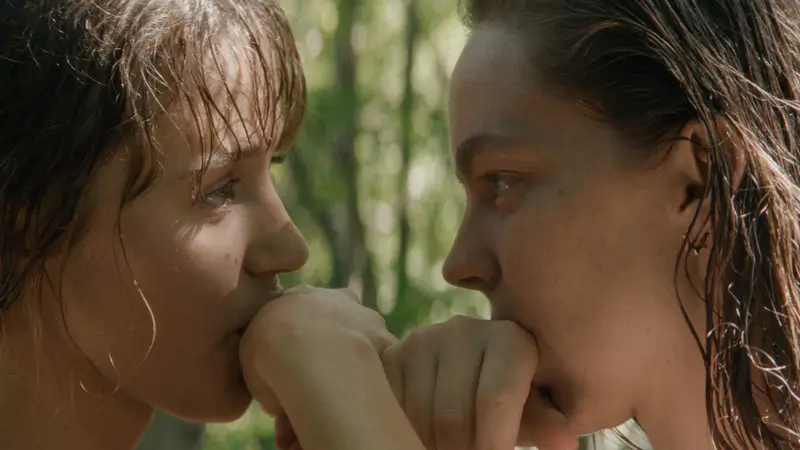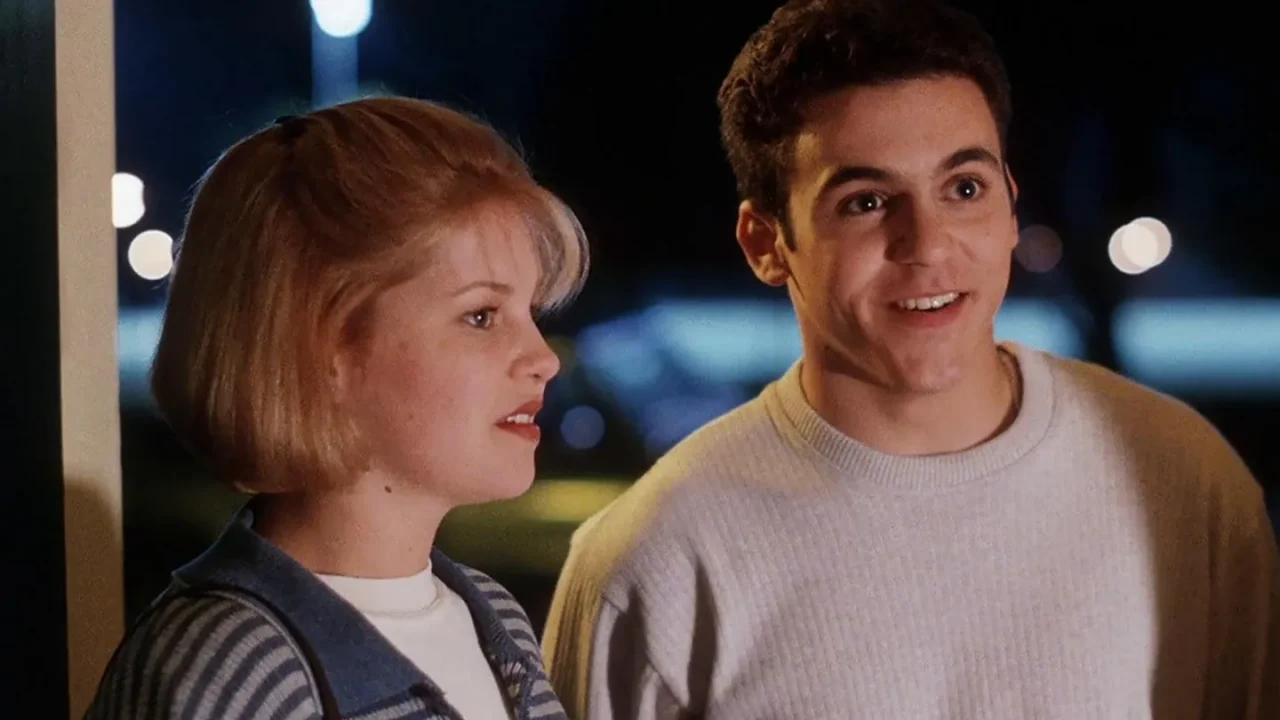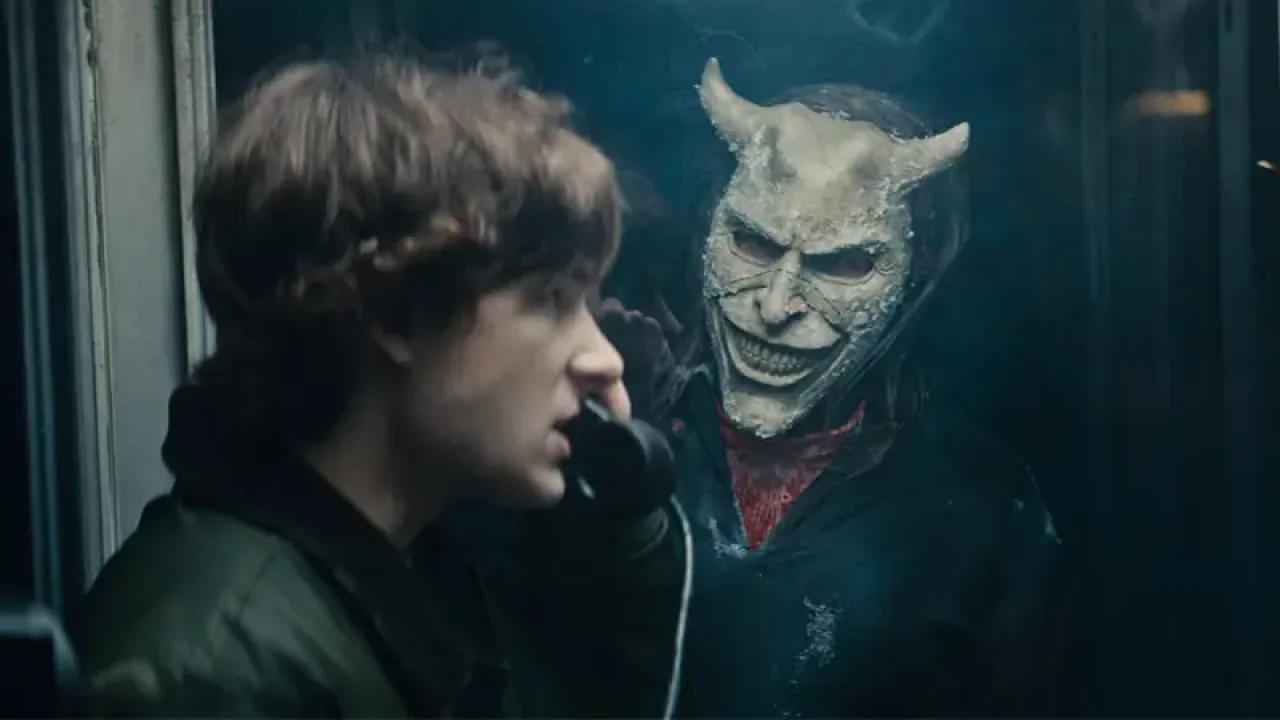With titles like The Exorcism of Emily Rose (United States, 2005) and Sinister (USA, United Kingdom and Canada, 2012), director Scott Derrickson has become one of the favorite active filmmakers among horror movie fans. Black Phone 2 (USA, 2025), hitting theaters October 17, will perpetuate that reputation through one simple virtue: it’s one of those rare horror sequels that’s actually good. For the most part.
Where so many other sequels settle for repetition, expansion, or both (that is, doing more of the same, maybe bigger), Derrickson and his co-writer, C. Robert Cargill, focus on delivering a logical and coherent continuation of the events from the first film. And the result works until, tonally, things derail toward the end.
What’s it about?
It’s 1982, four years after Finney (Mason Thames) survived his kidnapping at the hands of “The Grabber” (Ethan Hawke), whom he had to kill. Unable to deal with the trauma, he’s turned to marijuana and violently defending himself against bullies.
His sister Gwen (Madeleine McGraw), meanwhile, still has psychic powers. When she starts receiving dream visions of a place in the snow, she convinces Finney and his friend Ernesto (Miguel Mora) to go to a Christian camp in the Colorado mountains. There, they’ll not only discover that their past is more connected to The Grabber’s than they believed, but that some things resist even death.
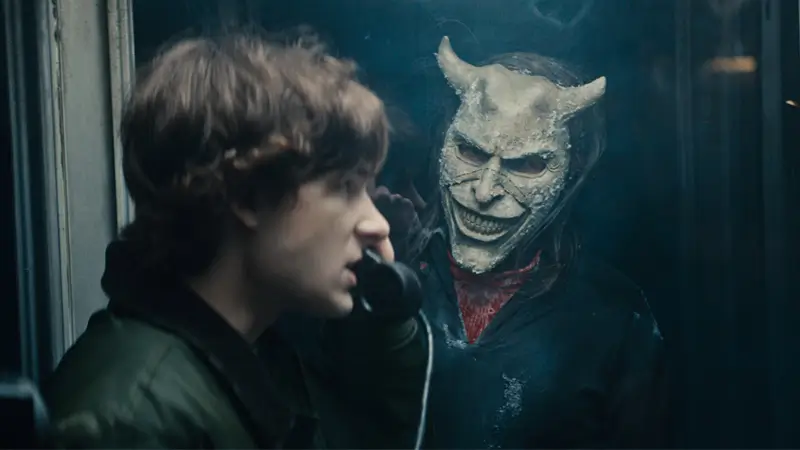
Black Phone 2 Turns Into A Nightmare on Elm Street
What’s most interesting about this film is that it’s a continuation in the good sense of the word: it continues the story and ideas of its predecessor, even without source material, given that Joe Hill’s original short story was fully adapted in the first film. Where that one reflected on the necessity of violence in the face of oppression and danger, Black Phone 2 deals with the inevitable consequences in the form of generational trauma.
In that sense, it’s a sequel that doesn’t bother with illogical explanations for its main villain’s return. On the contrary, given the film’s central theme, it makes perfect sense that in this iteration, The Grabber is a kind of ghost that transcends time and memory. Derrickson makes an aesthetic choice to separate the dream world from the real world that seems to spoil some surprises, but later in the runtime he uses the device ingeniously to surprise and unsettle.
Reached a certain point in the plot, however, Black Phone 2 operates on such terrain that it might as well star Freddy Krueger from A Nightmare on Elm Street. And this is where the film doesn’t necessarily falter, but it does become something that breaks with the tone of what came before.
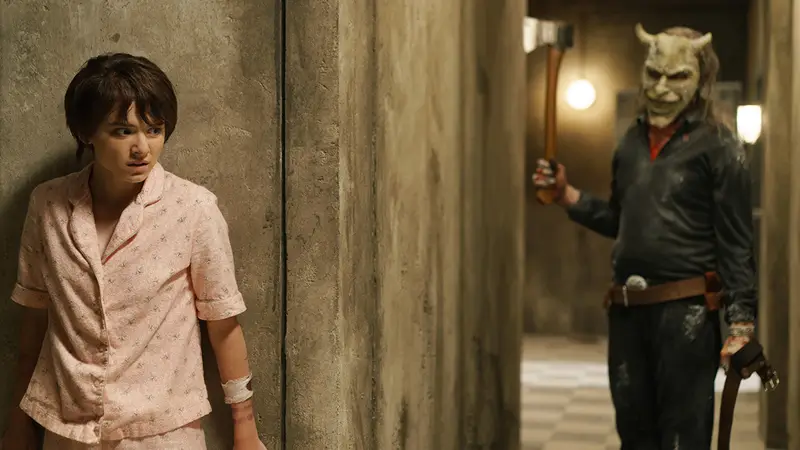
Which, in itself, isn’t a flaw: so many other sequels—horror or otherwise—bore by not imagining less derivative paths for their stories. This one dares to think big while remaining thematically coherent, though the abrupt tone shift might put off those who appreciated the more restrained supernatural storytelling of the first film, which, by the way, has a more complex and rewarding emotional resolution.
As far as horror sequels go, Black Phone 2 is one of the good ones, if you can tolerate a certain excess of surreal fantasy toward the conclusion.



